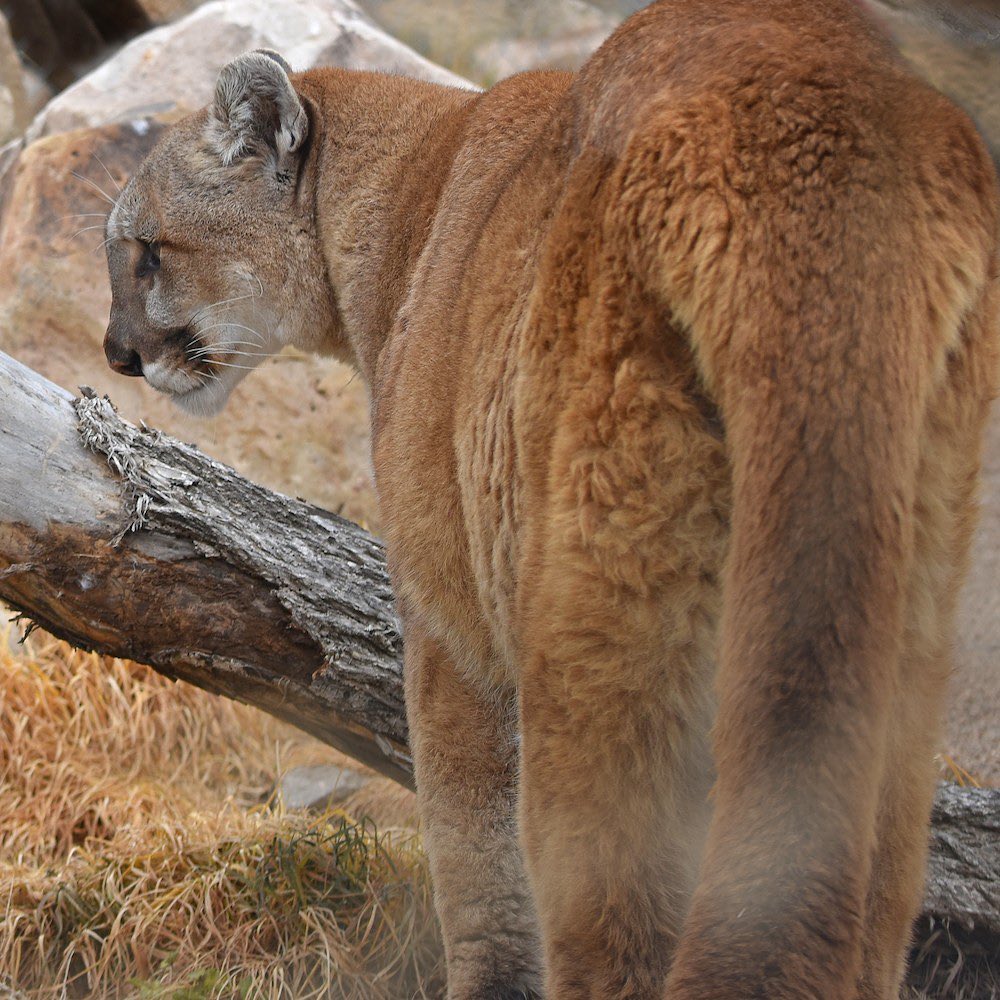Below is a news release from the Colorado Wildlife Conservation Project, a group of 20 conservation, hunting and pro-wildlife organizations, of which the Rocky Mountain Elk Foundation is a supporter and member.
The Colorado Wildlife Conservation Project (CWCP), Colorado’s largest alliance of hunting, angling and wildlife conservation organizations representing tens of thousands of outdoor enthusiasts, released a statement opposing a ballot initiative aimed at prohibiting the hunting of mountain lions and bobcats in the state.
The ballot initiative, if approved for the 2024 state-wide ballot, would ask voters to prohibit the legal, limited hunter harvest of mountain lions and bobcats in the state. It would also prohibit hunting of lynx, which are already protected by both state and federal law, with hunting and trapping banned. This appeal to voters follows several failed attempts to ban the harvest of mountain lions and bobcats through the Colorado Parks and Wildlife Commission and the Colorado State Legislature.
CWCP is comprised of 20 different organizations with a common interest in conserving wildlife and their habitats and preserving our hunting and angling tradition. The alliance is dedicated to continuing Colorado’s long history of responsible, science-based wildlife management.
“This initiative is an intentional circumvention of the standards of evaluation that contribute to a holistic approach to wildlife management and ecosystem health,” said Patt Dorsey, Western Region Conservation Dir. for the National Wild Turkey Federation. “This ballot measure is not only unnecessary, it flies in the face of Colorado’s laws that utilize managed hunter harvest as a primary method of achieving sustainable wildlife populations. It will undeniably have serious unintended consequences.”
“The future of Colorado’s wildlife management is at a crossroads. The underpinnings of science-based wildlife management administered by wildlife professionals may be on the ballot this November, and the stakes couldn’t be higher,” said Gaspar Perricone, Chair of the Colorado Wildlife Conservation Project.
“Mountain lion and bobcat populations are thriving in Colorado,” said Luke Wiedel, lead policy volunteer for the Rocky Mountain Elk Foundation. “That wasn’t the case prior to their classification as a big game species in the state. Our wild cat populations are abundant today thanks to science-based management and regulated hunting, including extensive requirements for using ethical methods of harvest.”
Moreover, “Mountain lion and bobcat populations in Colorado are managed through a regulated system of hunting licenses set to meet ecological thresholds as well as thresholds intended to meet social needs,” said Madeleine West, Public Lands Director for the Theodore Roosevelt Conservation Partnership. “Wildlife management must take into consideration the needs of wildlife and the people who coexist with that wildlife. This initiative would limit the ability of state wildlife managers to meet those needs to best serve Colorado citizens and wildlife.”
According to Colorado Parks and Wildlife (CPW), the estimated statewide population size of independent mountain lions (not including kittens) is 3,800-4,400 and has grown in Colorado since being classified as big game in 1965. Data suggests that Colorado’s lion population is strong and lions are abundant in appropriate habitat. Bobcats are widespread across Colorado, with CPW metrics suggesting Colorado’s bobcat populations are stable and may be increasing in some areas.
“Decisions about how best to manage our rich wildlife resources should be left to the experts at Colorado Parks and Wildlife and the Colorado Parks and Wildlife Commission — not fringe animal rights activists,” said Bryan Jones, Colorado and Wyoming Coordinator for Backcountry Hunters and Anglers. “Colorado already has strong regulations in place to ensure a healthy mountain lion population, including harvest limits and hunter reporting and inspection requirements.”
The Wildlife Conservation Project (CWCP) is an alliance of diverse wildlife organizations with a common interest in conserving wildlife and wildlife habitats, and in preserving our hunting, angling, and conservation heritage. We are steadfast in our efforts to continue the state’s long history of responsible, science-based wildlife management. CWCP is comprised of 20 regional, state-wide and national organizations, collectively representing tens of thousands of outdoor enthusiasts across the state. From the field to the Capitol, CWCP is a united voice for hunters, anglers, and wildlife conservation.
(Photo credit: Colorado Parks and Wildlife)
